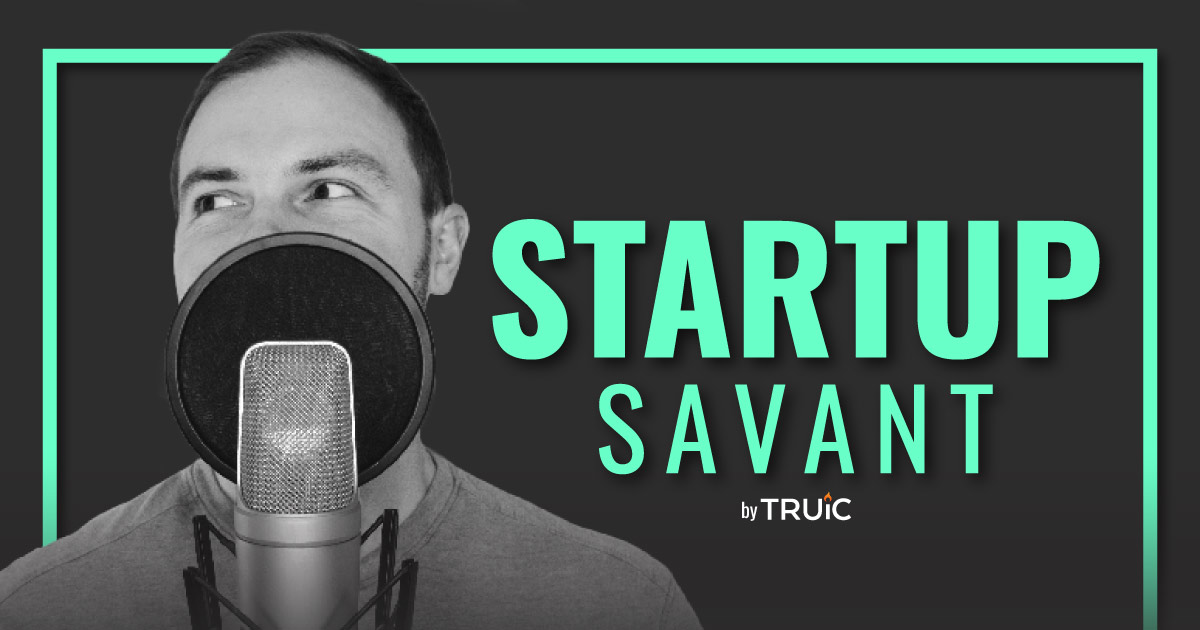The world has more and more contract workers who don’t earn a salary. Although this arrangement provides a good deal of flexibility for both employers and contractors, it has its downsides. From the employer’s point of view, it can be difficult to manage payments to all of these people. For their part, contractors are often frustrated by late payments. Tony Tran joins Startup Savant to talk about his startup Lumanu, which helps both large and small companies manage and pay their non-W-2 employees.
- Startup Savant is a business podcast that tells the stories behind up-and-coming startups.
- Tony Tran joins Startup Savant to talk about his startup Lumanu.
- Lumanu allows companies to make payments and perform other financing tasks for all of their creators and other freelancers in one centralized location.
A Desire to Help Non-Traditional Workers
Tony said during his interview with Startup Savant that he originally thought of the demographic he wanted his startup to help before he actually thought of the specific problem he wanted to solve.
“My family immigrated from Vietnam in 1994 to South Carolina,” he said. “We [were] a very atypical group of workers. I was the only one that went to college, got a W-2 job. Both my siblings dropped out of community college and started their own business. My dad was a freelancer. And one of the things that I think we, as full-time employees, sometimes take for granted is it’s really nice to have a paycheck every couple of weeks. You don’t have to invoice your CFO.”
However, contract workers don’t get paid unless they invoice their clients. “I knew that there was a big generation — and it’s only getting larger every single day — that does what I would call non-traditional work models,” he said. “They don’t check in, check out, get a paycheck, have automatic social security and all those deductions. They’re essentially their own boss. And I knew I wanted to build a company for them.”
The next step was to decide exactly how he was going to help non-traditional workers. “Eventually, I just had a eureka moment when I realized, gosh, it would really suck if I finish my work as a salaried employee and don’t get my paycheck,” he said. “And reality is that’s what a lot of non-W-2 employees have to deal with. Imagine finishing work for a client or selling something on YouTube but not getting the money that you’ve earned 30, 60, 90 days later. And that was the catalyst for everything that became Lumanu.”
A Payments and Financing Company for Creators
During his interview, Tony characterized Lumanu as a “payments and financing company for a creator economy” that’s looking toward how more and more people will work in the future.
“The way I tell everyone is we are building the financial infrastructure for the future of creative work,” he said. “You think about the millions and tens of millions of people out there who are not W-2 employees, who are either creators, independent freelancers, or even small business owners that are doing the work that used to be done by entire full-time teams. And they have a lot of needs around getting paid on time, managing their financial health, dealing with taxes, paperwork, et cetera. And Lumanu helps [with] all of that. We also help the businesses that pay them.”
Lumanu sells its software solution (a smartphone app) directly to businesses ranging from a few employees to tens of thousands. “The best way to think about our software for those folks is [that] it’s almost like payroll software, but it’s meant for your non-W-2 employees,” he said. “So anyone that you work with anywhere in the world, whether it’s an influencer, a digital creator, freelance copywriter, even a small agency that’s helping you with your out-of-home advertising, any of those folks, you can essentially pay [with a] one-stop shop through Lumanu. And the nice thing is, as your partners, as your creators are getting their work done throughout the month, they can get paid instantly.”
Lumanu’s customers pay for the service through one invoice at the end of every month and can even set their own payment terms. “So the whole pitch to a Walmart is your talent gets paid when they get their work done, but then you can pay us back whenever your finance processes dictate,” Tony said.
Startup Savant Podcast
The Startup Savant podcast is a business podcast created by The Really Useful Information Company (TRUiC) and hosted by Ethan Peyton, founder of StateRequirement. Listeners can hear the stories behind startups, as told by their founders, that are in the midst of growing their companies.
Hear from a variety of real startup founders from around the globe and with varying backgrounds, making their startup idea a reality. Learn from experts sharing their industry knowledge on venture capital, securing funding, and more on the Startup Savant podcast.
Final Thoughts
Tony Tran joins Startup Savant to discuss founding his startup Lumanu. He explains how Lumanu simplifies freelancer payments and other financial tasks for companies large and small.
You can find the Startup Savant podcast on Apple Podcasts, Spotify, or wherever you listen to podcasts.













